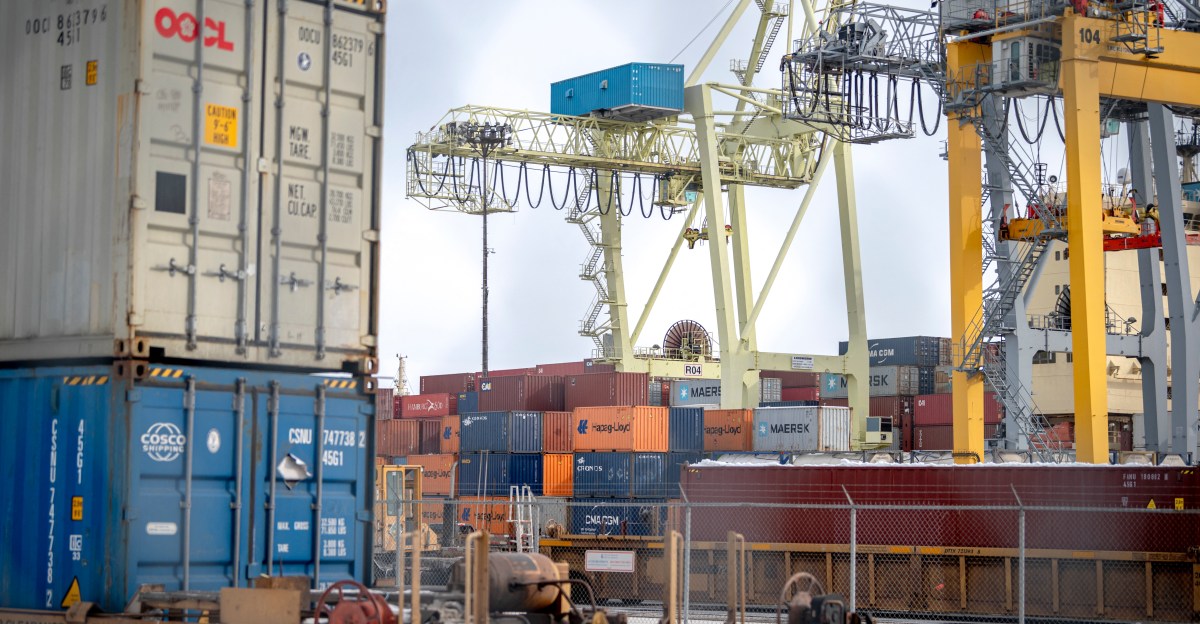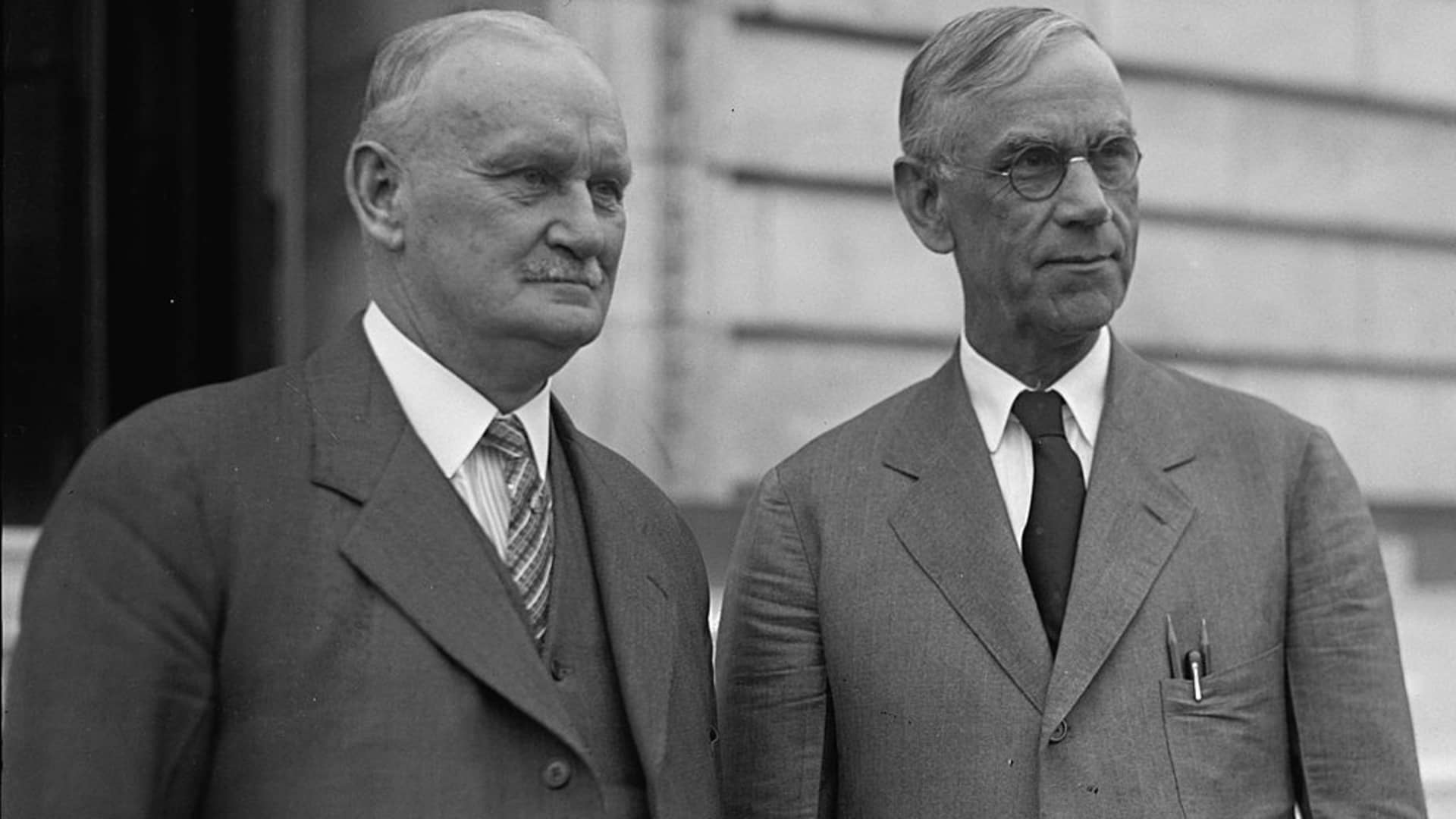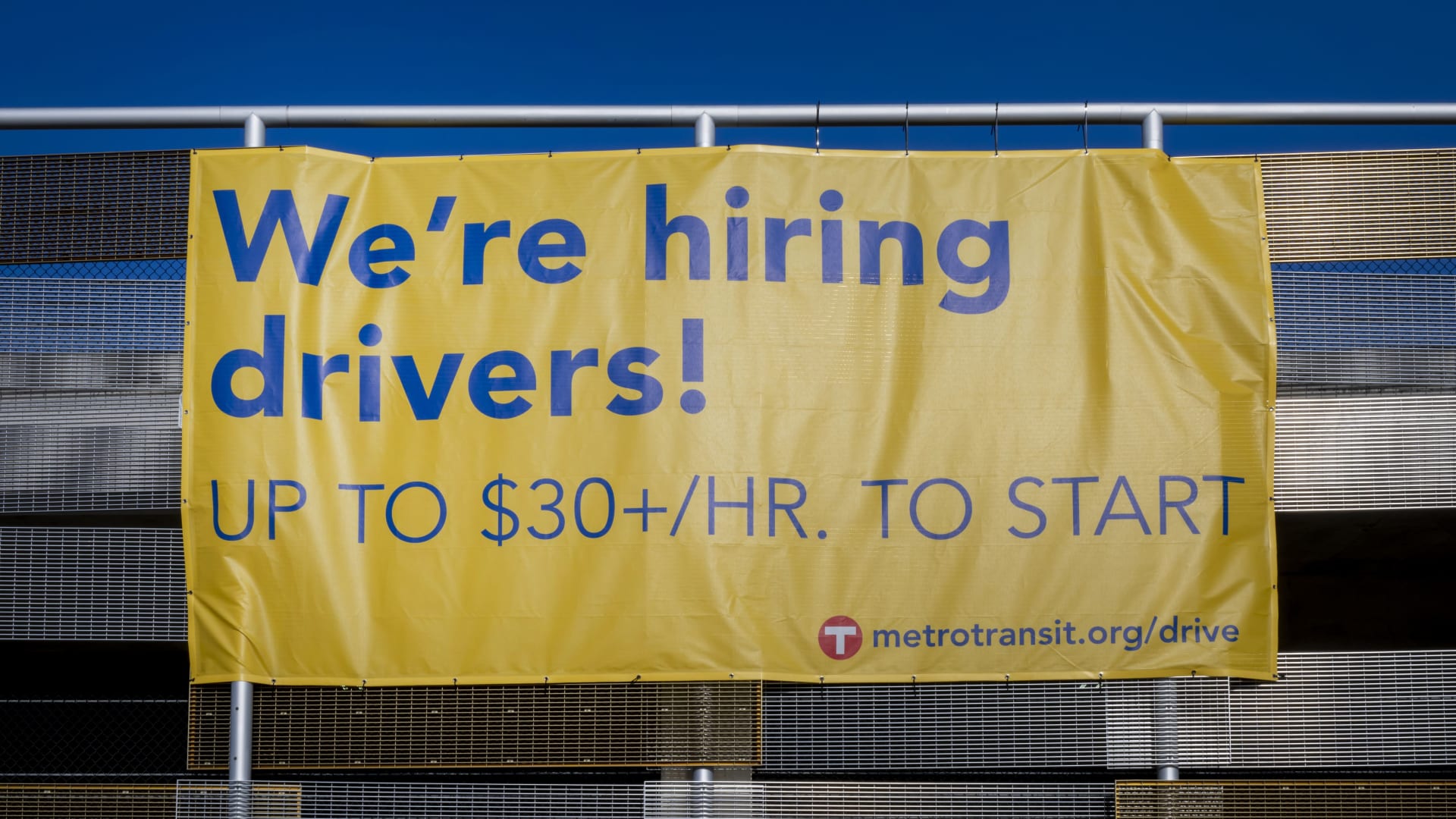The Hidden Impact of Tariffs: Should You Be Worried?
As trade tensions rise and tariffs become a focal point in global economics, many are left wondering about their true implications. The hidden impact of tariffs can often lurk beneath the surface, affecting everything from consumer prices to international relations. Understanding these effects is crucial for businesses and individuals alike, especially in an era characterized by uncertainty and rapid change.
What Are Tariffs and Why Do They Matter?
Tariffs are taxes imposed by a government on imported goods. They serve multiple purposes, including protecting domestic industries, generating revenue for the state, and influencing trade balances. While they may seem like a straightforward economic tool, their implications can ripple throughout the economy.
In recent years, tariffs have garnered significant attention, particularly during periods of heightened trade disputes. For instance, the U.S.-China trade war saw both nations imposing tariffs on billions of dollars’ worth of goods, igniting fears of a global economic slowdown. So, should you be worried? Let’s delve deeper into the hidden impacts of tariffs.
Effects on Consumers
One of the most immediate effects of tariffs is the increase in prices for consumers. When tariffs are applied to imported goods, businesses often pass these costs onto consumers. This can lead to higher prices for everyday items, such as electronics, clothing, and food products.
- Price Increases: For example, tariffs on steel and aluminum can lead to higher costs for cars and appliances.
- Limited Choices: Tariffs may also limit the variety of products available in the market, as some foreign goods become prohibitively expensive.
- Market Instability: Fluctuations in pricing can create an uncertain shopping environment, making consumers wary of spending.
These price increases can disproportionately affect low- and middle-income households, who spend a larger share of their income on essential goods. Thus, while tariffs may aim to protect certain industries, the broader consumer base can bear the burden.
Impact on Businesses
Businesses are not immune to the effects of tariffs, and their reactions can vary widely based on industry and market conditions. Here are some key considerations:
- Increased Operational Costs: Manufacturers relying on imported materials may see their production costs rise, prompting them to either absorb the costs or raise prices for consumers.
- Supply Chain Disruptions: Tariffs can disrupt established supply chains, forcing companies to find alternative suppliers or even relocate operations, which can be both costly and time-consuming.
- Investment Hesitancy: Uncertainty surrounding tariffs can deter businesses from making long-term investments, affecting growth and innovation.
In sectors like agriculture, for example, American farmers faced retaliatory tariffs from other countries, leading to significant losses and prompting calls for government bailouts. This illustrates how interconnected the global economy can be, and how tariffs can have far-reaching consequences.
The Broader Economic Implications
Beyond individual consumers and businesses, the hidden impact of tariffs can extend to the economy as a whole. Economists often warn of potential negative outcomes, including:
- Inflation: As prices rise due to tariffs, inflation can increase, diminishing purchasing power and potentially leading to higher interest rates.
- Trade Wars: Escalating tariffs can trigger retaliatory measures from other countries, leading to trade wars that disrupt global commerce and economic stability.
- Unemployment: Industries that rely heavily on exports may suffer, leading to job losses and reduced economic activity in affected sectors.
While some industries may benefit in the short term, the long-term effects of tariffs can undermine overall economic growth, creating a paradox where protectionism harms the very sectors it aims to support.
Should You Be Worried? Preparing for the Future
Given the complexities of tariffs and their potential impact on various sectors, it’s natural to feel concerned. However, understanding the situation can empower you to prepare effectively. Here are some strategies to consider:
- Stay Informed: Keep an eye on news regarding trade policies and tariffs. Understanding current events can help you anticipate changes that may affect your finances.
- Diversify Purchases: When possible, consider buying locally produced goods to mitigate the impact of tariffs on imported items.
- Support Local Businesses: Local businesses may be more resilient to tariffs, and supporting them can help strengthen your community’s economy.
Additionally, businesses should develop contingency plans to address potential disruptions caused by tariffs. This might include diversifying supply chains, investing in local production, or exploring new markets.
Final Thoughts
The hidden impact of tariffs is multifaceted, affecting consumers, businesses, and the broader economy in significant ways. While they may be implemented with the intention of protecting domestic industries, the reality is that tariffs can create a cascade of challenges that ripple throughout the economy.
As trade tensions continue to evolve, staying informed and prepared is crucial. While it’s easy to focus on the immediate effects of tariffs, recognizing their broader implications can help individuals and businesses navigate an increasingly complex global landscape. So, should you be worried? The answer lies in understanding the dynamics at play and making informed choices that can shield you from potential adverse outcomes.
See more CCTV News Daily



